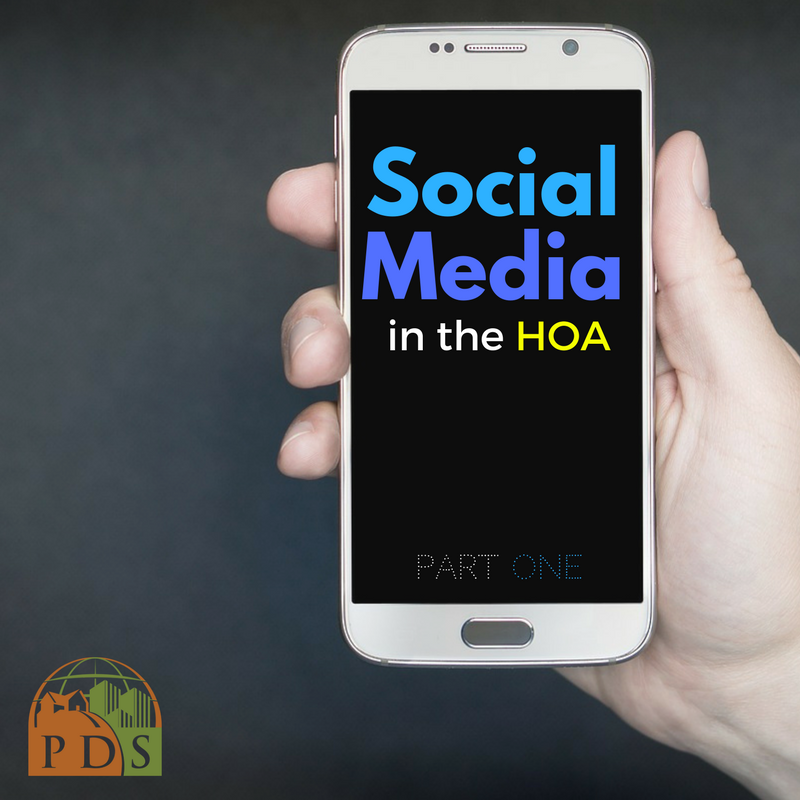
Facebook Vs. Nextdoor: Why Your HOA Needs to Know the Difference
Did you know that almost 50% of Americans don’t know the names of their neighbors? (Reference: CAI – July 2017 Newsletter) As an HOA management company, it’s our responsibility to support and encourage communication within the community association. We have always encouraged getting to know your neighbors.
But like the rest of us, when we go home at night, it’s very common to jump on social media as ways to connect with people. For the HOA communities, social media networks such as Nextdoor© and Facebook© have replaced inviting the neighbors over for a barbecue.
It’s inevitable. Social media is here to stay as community homeowners are using these online forums more and more to have ongoing discussions with other community members. Should HOA Board use social media to communicate with homeowners?
Officially, social media isn’t the place for official HOA Board communications. However HOA Board Members should participate so they may keep a pulse on any online discussions issues in the community, complaints, and anything else that could cause harm to the community. Vice versa, these tools are a great way to post reminders about social events that encourage positive community involvement.
We will get into liability for communications in the next blog. For now, let’s understand how these social media networks function, so you can make the best decision on what to post, and where!
Why Should My HOA Board Care About the Difference between Facebook and Nextdoor?
Nextdoor© focuses on specific neighborhoods, and uses a thorough verification process (by postcard or email) to prove physical residence before a member can join any discussion on the community association level. The exclusivity has created a safe space for residents to openly discuss opinions regarding the community association, share recommendations for local services, and much more. The platform is completely administered by Nextdoor©.
Facebook©, on the other hand, uses a “Pages” model, meaning a page administrator creates the page and can monitor, delete comments, and authorize whom can join the page (as long as the settings are set to PRIVATE). It’s at the discretion of the administrator how to use their page. Also, anyone with a Facebook account, can create a page. A neighorhood may have a page started by a concerned resident, a neighborhood watch leader, or quite possibly an HOA board member (if the HOA Board agrees to it). Once a member of the page (after administrator accepts your request), you are able to view the admin information in the “about” section.
HOA Board members need to take into account how these social media platforms function, as they are very different.
For example, when an HOA Board member posts in Nextdoor©, the communication will automatically be posted in his/her community board. HOA Board members are residents alike, so communications may be intended as “just a homeowner.” However, residents (not on the board) may perceive otherwise. It’s a fine line to walk if you are an HOA Board member posting in Nextdoor©.
Lesson here; HOA Board members must be acutely aware of how you are commenting/initiating in each social media platform. When homeowner issues arise, encourage complaints or recommendations be sent to the Board or HOA Management company directly. We hope you take this valuable lesson on “how” these two platforms differ in function, to your next board meeting. Stay tuned for part II of this blog, where we will discuss the HOA Board’s liability for online communications.
